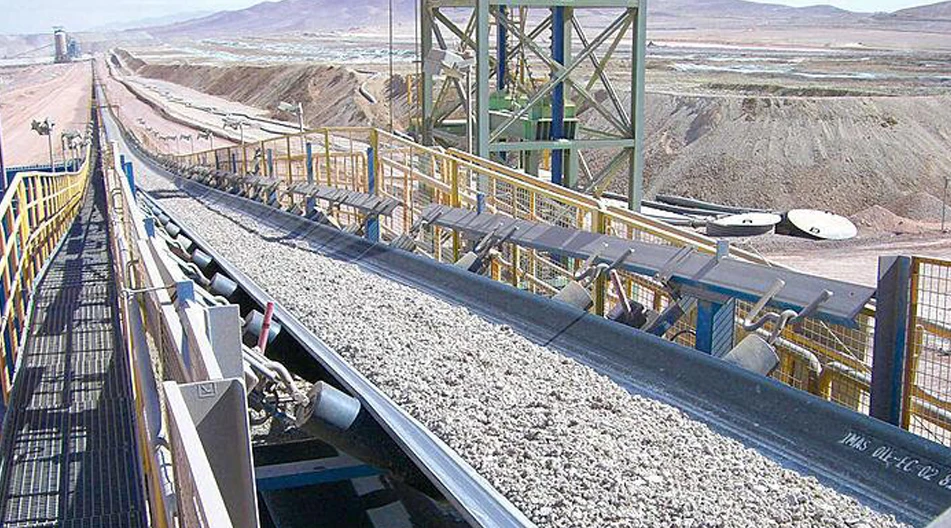Jan . 10, 2025 12:42
Industrial valves play a crucial role in a wide array of applications, controlling the flow and pressure of gases, liquids, and slurries within pipelines. Selecting the right type of valve is essential for ensuring the safety, efficiency, and longevity of industrial processes. With numerous types of valves available, understanding their unique characteristics and applications is key to optimizing performance.

Gate valves are often employed when a straightforward shut-off function is needed. They operate by lifting a rectangular gate out of the path of the fluid. Known for their durability and excellent sealing properties, gate valves are used in pipes transporting oil, gas, and other fluids where a reliable stop is required. However, they are generally not recommended for flow regulation as partially open gates can wear down over time.
Ball valves provide strong sealing performance and are an excellent choice for applications needing quick on/off service. Using a pivoting ball with a hole through its center, these valves are used in pipelines that require tight shutoff capability. Their robust design and ease of operation also ensure minimal maintenance requirements, making them ideal for industries such as chemical processing and HVAC.

Butterfly valves stand out for their compact size and lightweight design, making them easy to install and maintain. They use a rotating disk to control fluid flow and are particularly advantageous in systems requiring large flow capacities with low-pressure drops. Butterfly valves find wide use in water supply, wastewater treatment, and as central components in fire protection systems due to their quick-operating nature and relatively low cost.
different types of industrial valves
Globe valves are predominantly used for flow regulation in pipelines. Their design allows for precise control, which is beneficial in throttling applications. The valve's internal movement pattern offers more resistance to fluid, which translates into greater control over varying pressure levels. Industries dealing with steam, oil, or corrosive fluids often rely on globe valves for their capability to handle high-pressure environments.
For applications where a non-return or backflow prevention is critical, check valves are the ideal choice. With wholly automatic operation, these valves are activated by the flow of the medium itself and ensure that the content moves in a single direction. This feature is essential in water and wastewater management, as well as in pipeline systems transporting hazardous substances.
Finally, diaphragm valves offer a sanitary solution with minimal cavities where bacterial growth could occur, making them the valve of choice in food and pharmaceutical industries. Their unique design eliminates many potential leak paths, reducing the risk of contamination. The flexible diaphragm seals off the flow path effectively, providing excellent performance even with corrosive media.
Choosing the appropriate type of industrial valve entails understanding the specific needs of your system and application. Consulting with industry professionals and leveraging expert guidance are prudent steps that facilitate optimal selection. Ensuring valve specifications align with your operational requirements not only maximizes process efficiency but also prolongs the life span of your equipment, driving sustainable industrial success.


 Call us on:
+86-311-86935302
+86-311-86935302
Call us on:
+86-311-86935302
+86-311-86935302
 Email Us:
info@thriveonvalve.com
Email Us:
info@thriveonvalve.com South of Huanmadian Village Town, Ningjin County, Xingtai, Hebei Province, China
South of Huanmadian Village Town, Ningjin County, Xingtai, Hebei Province, China